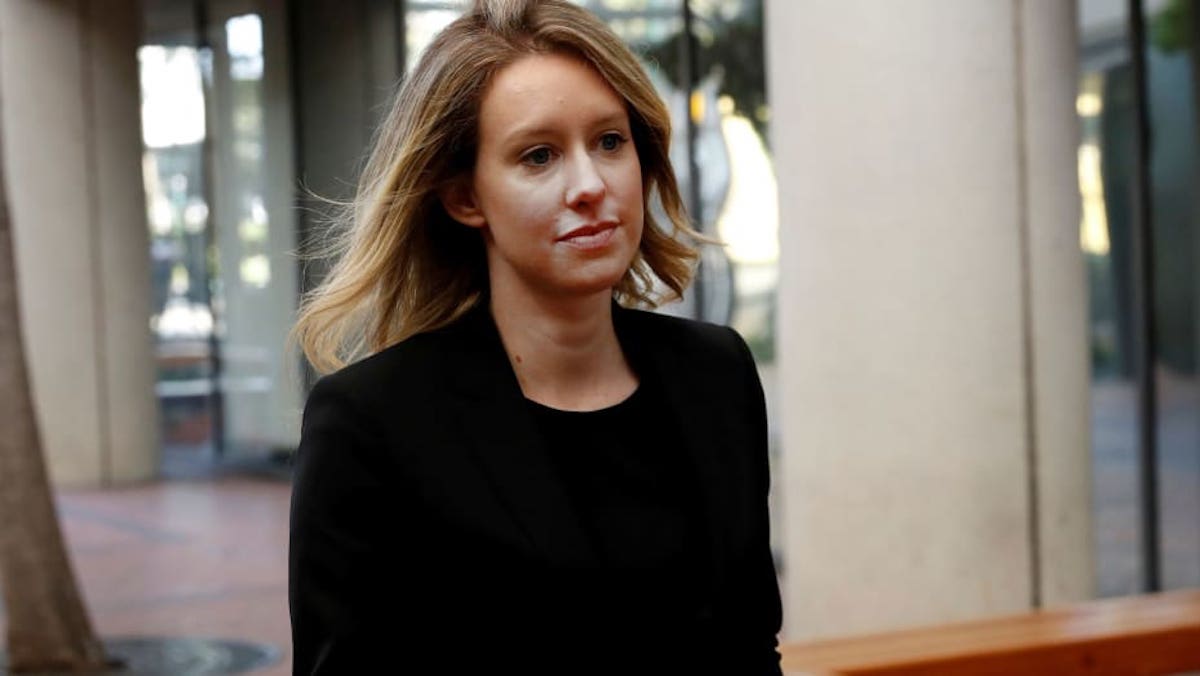
What’s happened to Elizabeth Holmes this week after her messy trial?
The stories of self-made billionaires can inspire millions of people to chase their dreams and turn their ideas and inventions into fortunes. The stories of women or people of color becoming self-made billionaires do that for a particular group of people who feel overlooked in a cutthroat business world.
This was the story of what happened to Elizabeth Holmes, a brilliant self-made billionaire that built her company from the ground up using a process she developed for testing blood. She gained acclaim from the business & scientific communities and was a model for women everywhere to chase their dreams of owning their own businesses.
However, all was not what it seemed, as Elizabeth Holmes has spent much of her time in the last six years embroiled in controversy & legal battles. After facing backlash & investigation, Holmes’ trial has embroiled the nation since it began.

Rise to wealth
Holmes attended Stanford in 2002 as a student in chemical engineering, where she worked in a lab for the school of engineering. After her senior year, she worked for the Genome Institute of Singapore, testing for severe acute respiratory syndrome coronavirus (SARS-CoV-1). She filed her first patent in 2003 for a wearable drug delivery patch in 2003.
In 2004, she dropped out of Stanford and used her tuition money to invest in her healthcare company, Theranos. She founded the company with the intent to “democratize healthcare.”

Stemming from her fear of needles, Holmes endeavored to create a system to test blood using only a few tiny droplets of blood from the prick of the finger instead of drawing blood. Her initial pitches to her professors were met with skepticism, many of them saying it wasn’t going to work. However, she was able to convince the dean at the School of Engineering to back her idea.
The dean, Channing Robertson, became the first board member and introduced her to venture capitalists, setting her star on a rising trajectory. As a member of the Harvard Business School in 2015, she was named to Forbes Most Powerful Women & Time’s 100 Most Influential People. However, this wasn’t to last. What happened to Elizabeth Holmes?

Investigation & downfall
The seeds of deception were sewn in small things early on. Holmes was a huge fan of Steve Jobs and copied everything down to his signature black turtleneck. In her appearances, she spoke in a baritone voice resembling Jobs. While her coworkers claimed this wasn’t real, her family members maintained it was her authentic voice.
John Carreyrou of The Wall Street Journal published a string of articles after secretly investigating the company’s false data and Holmes’ conduct. The same evening the pieces were released, Holmes appeared on Mad Money and defended herself, saying, “This is what happens when you work to change things. First, they think you’re crazy; then they fight you, then all of a sudden you change the world.”
These articles were instrumental in sparking an investigation by the U.S. District Attorney’s Office for California’s Northern District. The office returned with nine charges of wire fraud and two counts of attempted wire fraud. They asserted the company & Holmes defrauded investors, patients, and doctors by lying about the ability of the company’s product.

What happened to Elizabeth Holmes?
In the fifth week of the trial, the prosecution brought a second big-name witness to testify to her deception. Steven Burd, CEO of Safeway, testified that he was excited to enter into what would turn out to be a failed partnership with Theranos. He told about how taken he was with the prospect that the company could provide safe & efficient blood tests to his customers.
Safeway & Walgreens helped legitimize Theranos & Holmes and catapult it to a $9 billion company. The discovery that their product couldn’t do what it promised and that Holmes knew it showed that she was defrauding her investors to get their money.

Burd testified that she was always in charge, comparing her to four U.S. presidents and their ability to command a room. This went against the defense’s claim that she was not in charge of the product. They said that she was unqualified to be so and was going on the advice of her lab director. They added that she was a victim of intimate partner abuse with the company’s COO, Ramesh “Sunny” Balwani, who also faces charges.
Witnesses have claimed that she was always in charge, commanding rooms and never looking to others for answers or input. She has been accused of creating a bad stigma for all women in business by some. Others, however, claim that she is being targeted specifically because she is a woman.
—
What do you think? Do you believe what happened to Elizabeth Holmes was targeted sexism? Or is she the willing leader of a company that purposely defrauded its investors?



